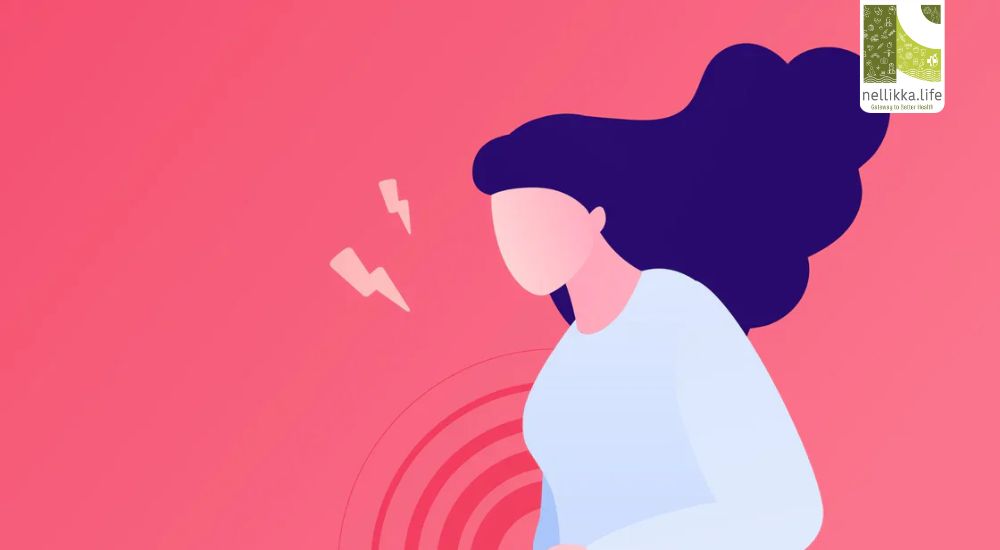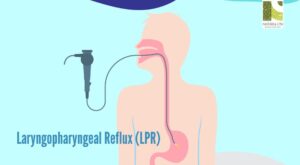The Hormone Connection: How Your Monthly Cycle Influences Mood, Energy, and Overall Health

Our monthly cycle is much more than a biological rhythm—it’s a finely tuned hormonal symphony influencing our mood, energy, sleep, skin, appetite, and even how we think and interact with others. Understanding this connection can help women not only navigate physical changes but also optimise health, productivity, and emotional balance.
The Four Phases of the Menstrual Cycle and Their Impact
A typical cycle lasts about 28 days (though anywhere between 21–35 days is considered normal). The changes are driven mainly by fluctuations in estrogen, progesterone, follicle-stimulating hormone (FSH), and luteinizing hormone (LH).
1. Menstrual Phase (Days 1–5) – Rest and Rese
- Hormonal Profile: Both estrogen and progesterone are at their lowest.
- Physical Effects: Low energy, potential cramps, bloating, and fatigue.
- Mood Changes: Lower serotonin levels may contribute to irritability or sadness.
- Scientific Insight: Research shows reduced estrogen impacts serotonin synthesis, which may explain mood dips during menstruation.
- Self-Care Tips: Prioritise rest, iron-rich foods (leafy greens, red meat, legumes), and gentle movement like walking or stretching.
2. Follicular Phase (Days 1–13) – Renewal and Creativity
- Hormonal Profile: Estrogen begins to rise as follicles develop in the ovaries.
- Physical Effects: Increasing energy levels, improved endurance, clearer skin.
- Mood Changes: Higher estrogen boosts serotonin and dopamine, improving mood, motivation, and focus.
- Scientific Insight: Studies link higher estrogen levels with enhanced verbal fluency, memory, and problem-solving skills.
- Self-Care Tips: Use this high-energy window for planning, starting new projects, and more intense workouts.
3. Ovulatory Phase (Days 14–16) – Peak Energy and Confidence
- Hormonal Profile: A surge in LH triggers ovulation; estrogen peaks.
- Physical Effects: Many women feel more attractive, with increased libido and social confidence.
- Mood Changes: Heightened communication skills, social energy, and positive mood due to optimal neurotransmitter activity.
- Scientific Insight: Ovulation is linked to subtle changes in voice tone, scent, and body language, which may subconsciously increase social appeal.
- Self-Care Tips: Ideal time for networking, public speaking, and collaborative tasks.
4. Luteal Phase (Days 15–28) – The Pre-Menstrual Shift
- Hormonal Profile: Progesterone rises to prepare the body for possible pregnancy; estrogen levels drop after a brief second peak.
- Physical Effects: Possible bloating, breast tenderness, headaches, and changes in appetite.
- Mood Changes: If pregnancy does not occur, falling estrogen and progesterone can trigger PMS or PMDD (Premenstrual Dysphoric Disorder) in sensitive individuals.
- Scientific Insight: Progesterone has a calming, sedative-like effect on the brain, mediated by its interaction with GABA receptors. When it drops, anxiety or irritability can spike.
- Self-Care Tips: Focus on magnesium-rich foods (nuts, seeds, dark chocolate), manage stress through mindfulness or yoga, and maintain steady blood sugar to prevent mood swings.
Why Understanding This Matters
1. Emotional Intelligence for Your Body
Knowing how your hormones affect your emotions helps in self-compassion and relationship management. It also allows partners, friends, and colleagues to understand your needs better.
2. Optimising Energy Cycles
By aligning workouts, work schedules, and social commitments with your hormonal cycle, you can maximise performance and reduce burnout.
3. Early Detection of Health Issues
Irregular cycles, extreme mood shifts, or severe pain may signal conditions like PCOS, thyroid disorders, or endometriosis—conditions that benefit from early medical attention.
Scientific and Psychological Perspectives
- Biological: Hormones regulate neurotransmitters like serotonin, dopamine, and GABA, directly influencing mood stability, motivation, and energy.
- Psychological: Cognitive patterns and emotional resilience fluctuate with hormonal changes. Being aware of these variations can help in proactive mental health management.
- Social: Studies suggest women’s social behaviours, decision-making, and even perceived attractiveness can vary across the cycle, often without conscious awareness.
Practical Takeaways for Women
- Track Your Cycle: Use apps or journals to note symptoms, mood, and energy patterns.
- Sync Your Lifestyle: Align exercise intensity, diet, and key work tasks with your cycle phases.
- Communicate Needs: Share your cycle-related preferences with close ones to foster understanding.
- Seek Help When Needed: Severe PMS, cycle irregularities, or mood disorders should be addressed with a gynaecologist or mental health professional.
Your menstrual cycle is not just about reproduction—it’s a dynamic, whole-body process that can be harnessed for better health, productivity, and self-understanding. By listening to its cues, you can work with your body, not against it.





